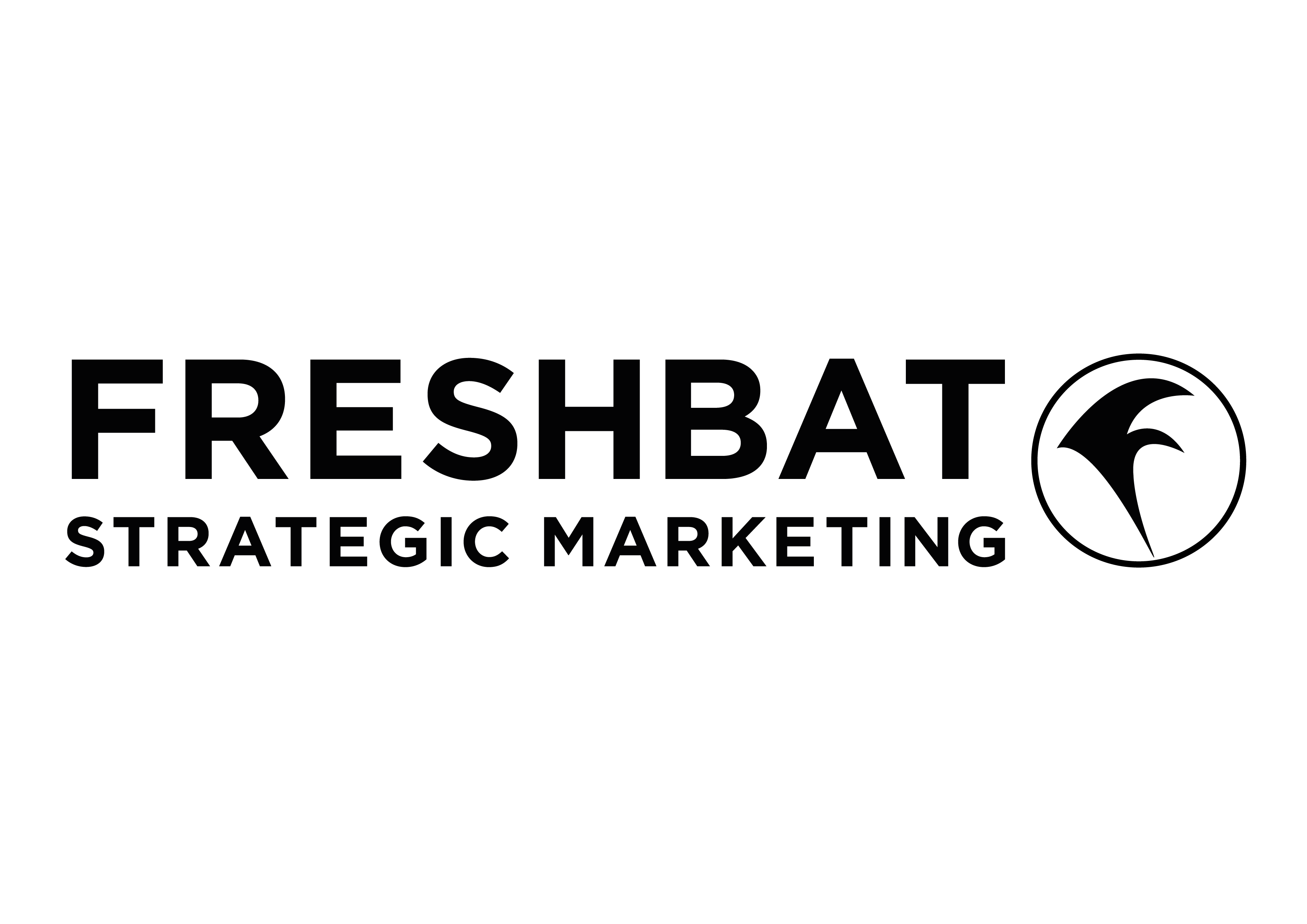Creating an effective marketing strategy is crucial for any business aiming to thrive in today’s competitive landscape. A well-crafted strategy not only guides your marketing efforts but also ensures that every action taken aligns with your overall business goals. A comprehensive marketing strategy should answer several key questions. Let’s explore these essential questions and understand why they are important.
1. Who is our target audience?
Understanding who you are marketing to is the cornerstone of any strategy. Define your target audience in terms of demographics, psychographics, and behaviour. You’ll find out:
- What age group, gender, and income level they belong to
- What their interests, values, and lifestyles are
- What problems they face that your product or service can solve
- Where they spend their time online and offline
Knowing your audience helps in creating personalised and effective marketing messages that resonate with them.
2. What are our marketing goals?
Clear, measurable goals are essential for tracking the success of your marketing efforts. Goals should be Specific, Measurable, Achievable, Relevant, and Time-bound (SMART). You’ll be more clear on the following:
- Are we looking to increase brand awareness, generate leads, boost sales, or retain customers?
- How will we measure success? Through sales figures, website traffic, social media engagement, or other metrics?
Setting precise goals ensures that all marketing activities are focused and aligned with your business objectives.
3. What is our unique selling proposition (USP)?
Your USP differentiates you from competitors and gives customers a compelling reason to choose your product or service. You’ll set into stone:
- What makes your product or service unique?
- What benefits that you offer that others do not
- How you solve our customers’ problems better than anyone else
A strong USP is crucial for positioning your brand effectively in the market.
4. Which channels will we use?
Choosing the right marketing channels is vital for reaching your target audience. Your strategy will collect information to figure out:
- Where your target audience spends most of their time
- Which channels have historically driven the best results for you
- Whether or not you should focus on digital channels like social media, email, and SEO, or traditional channels like TV, print, and events
A multi-channel approach often works best, but it’s important to prioritise channels that align with your audience’s preferences and behaviours.
5. What is our budget?
Your budget will significantly influence your marketing strategy. The following questions will need to be asked:
- How much can we allocate to our marketing efforts?
- How will we distribute this budget across different channels and activities?
- What are the expected returns on our investment?
A clear budget helps in planning and executing your marketing activities without overspending.
6. How will we measure success?
Tracking and analysing performance is crucial for understanding the effectiveness of your strategy and making necessary adjustments. Your strategy should include the following:
- The key performance indicators (KPIs) that you will track
- How frequently you will review your progress
- What tools and methods will be used to gather data
Regular analysis ensures that your marketing efforts are yielding the desired results and provides insights for future improvements.
7. Who are our competitors?
Understanding your competition helps in identifying opportunities and threats. You’ll be clearer on:
- Who your main competitors are
- What their strengths and weaknesses are
- What strategies they are using, and how you can differentiate yourselves
Competitive analysis is essential for developing a strategy that sets you apart in the marketplace.
8. What is our brand story?
Your brand story is the narrative that communicates your values, mission, and vision. Your marketing strategy will refine:
- What your brand’s mission and vision is
- The values you stand for
- How you want to be perceived by your audience
A compelling brand story builds emotional connections with your audience and strengthens brand loyalty. Read 5 tips for sharing your brand story more effectively.
9. What content will we create?
Content is a key component of any marketing strategy. Your marketing strategy will include details on:
- What types of content will resonate with your audience (blog posts, videos, infographics, etc.)
- How often to create and publish content
- How to ensure our content is high-quality and engaging
Effective content marketing attracts and retains customers by providing valuable information and fostering trust.
10. How will we manage and execute the strategy?
Finally, execution is just as important as planning. With the strategy, it will be important to understand:
- Who will be responsible for implementing different aspects of the strategy
- What tools and processes will be used to manage the marketing activities
- How to ensure alignment and collaboration within the team
A well-defined execution plan ensures that your marketing strategy is implemented smoothly and effectively.
Final thoughts
Your marketing strategy will help you answer these fundamental questions. By understanding your audience, setting clear goals, and defining your unique value proposition, your strategy will not only help you reach your target market but also drive growth and success for your business. Remember, a great marketing strategy is a dynamic document that evolves with your business and the market landscape, so regular review and adjustment are key.
Need a comprehensive marketing strategy that answers all these questions? Get yours now.


